Welcome to the Fork in the Road Blog: Reflections on Life. These are “fireside” musings on the reasonably long life I have lived so far. It is my way of reflecting over everyday issues on life’s “What”, “Why?” and “How?” and sharing my views with people around me. The topics I muse over come to me haphazardly, triggered by the surroundings or interaction with people or purely out of the blue.
This topic came to me as I was attending a marriage introduction function of a young man intending to marry a young girl in the family. This was the first in a series of wedding functions where the boy’s and girl’s families meet to discuss the dowry and other relevant issues. The official introduction is followed later by the giveaway of the girl, officially handed to the boy’s parents. What set me off thinking was the girl’s father informing the family that he would not attend the giveaway ceremony because he was a born-again Christian not believing in handing his daughter to the boy’s father. He said that he did not subscribe to the traditional cultural ceremony but believed only in the church ceremony. I saw this as a clash between tradition (culture) and religious beliefs of nontraditional religion in the mind of an individual. The girl’s father’s family accepted his decision excusing him from his daughter’s formal wedding but not without misgivings.
Culture is the shared way of life of a group of people: their ideas, values, beliefs, customs, behaviours, and material things they create and pass on from one generation to the next. Simply put, culture is the way people live and do things together, their language, food, music, traditions, and the values they share.
Culture shapes how people think, what they do, how they relate to others, and how they interpret the world and relate to one another. In other words, it is “the glue” that holds a community together and gives it identity. Culture is not defined for an individual but to a group, commonly associated with ethnicity.
There are three “elements” I am thinking about as I muse over culture relating to marriage provoked by the incident I have mentioned. These are: religion, beliefs and spirituality.
Religion is a structured system of faith or worship, with doctrines, often with sacred texts, rituals, and institutions shared by a group, community, or society. It is of a collective and organized nature. For example, Christianity, Islam, Hinduism, Buddhism, African religions etc.
Beliefs are what you think is true. Beliefs are personal convictions or mental acceptance of certain truths or ideas which may or may not align with an organized religion. For example, someone may believe in a higher power, or in human dignity whether they belong to an established religion or not. Religion is a community framework for practicing shared beliefs.
Spirituality is how you personally live out or experience belief and meaning, with or without religion. Spirituality may be seen as the bridge between religion and personal beliefs. Spirituality may be defined as a personal sense of connection to something greater than oneself, whether that’s God, the universe, nature, or inner peace. It is experiential, and less bound by formal structures. Spirituality is often expressed through prayer, meditation, or simply living with consciousness of being spiritual. For example, feeling close to God through prayer or finding wholeness in nature.
Spirituality can exist within religion (e.g., mystical traditions in Christianity, Islam and other religions), giving depth to religious rituals and doctrine. Spirituality can also stand alone, as a personal journey toward meaning or connection, even without belonging to an organized faith. While spirituality often springs from beliefs it emphasizes experience and relationship rather than abstract ideas
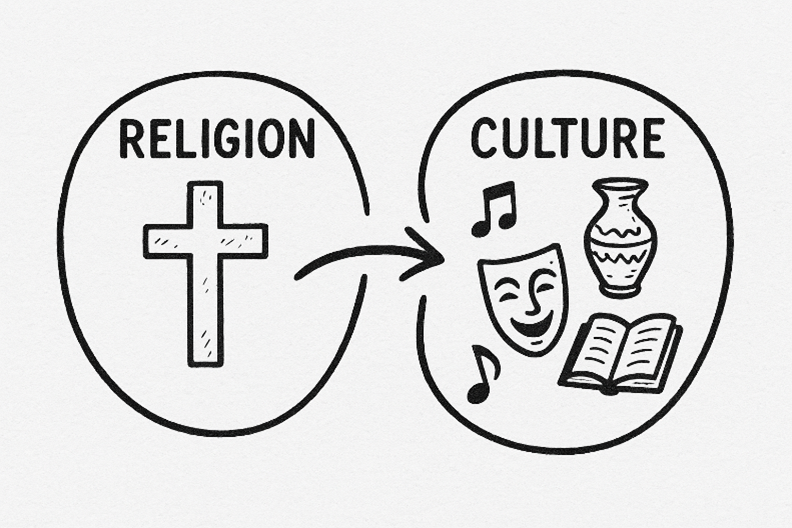
Culture and religion are deeply intertwined, and each reflects and shapes the other. Religious beliefs should ideally be informed by people’s culture. When new religions are introduced among communities, they are grafted onto the culture of the population to take root, very often at the expense of the established cultural norms and beliefs (traditional religions). The metaphors, proverbs, and idioms used in religious books such as the Bible and the Quran draw from the cultures of the surrounding areas where and when those books were written (e.g., agricultural imagery, pastoral references, or desert metaphors). Local dress, music, dance, and art become part of religious ceremonies. Foods and dietary rules (such as halal, kosher, or vegetarian traditions) often emerge from cultural norms that became religiously sanctioned. Adapting new religions without dressing them into the cultural environment can be a big injustice to the people to whom the new religions are introduced.
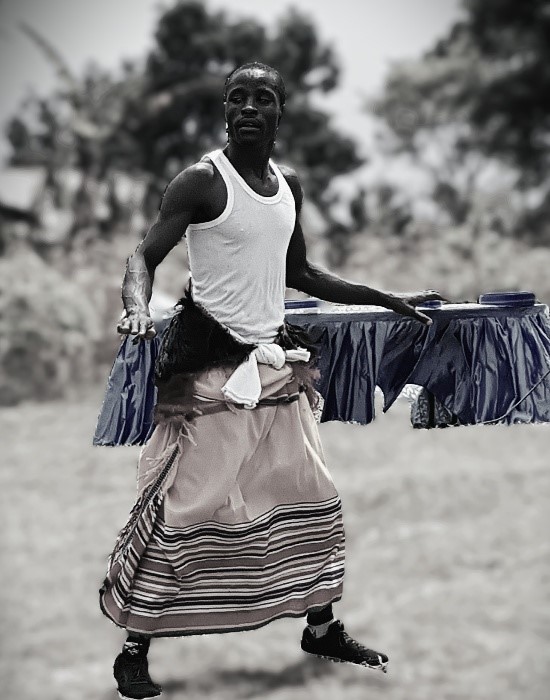
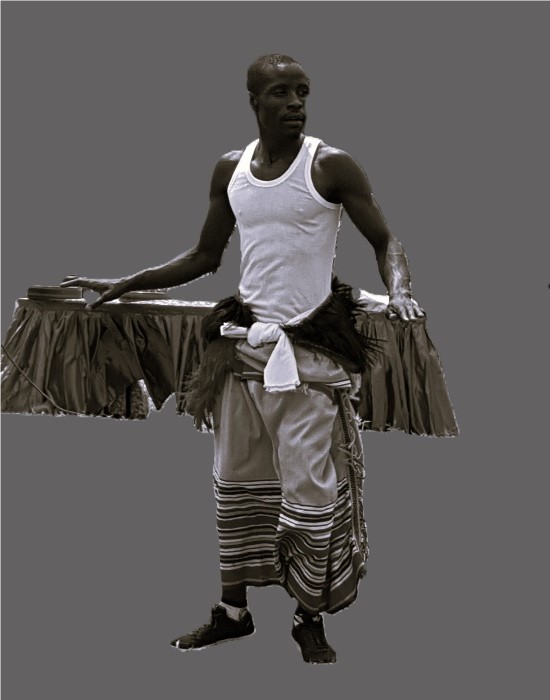
Many believers are following religions based on foreign cultures sometimes leading to cultural conflict. Festivals that blended into local seasonal or historical events with religious observances (e.g., harvest festivals, new year celebrations, or ancestral commemorations) may not have deep meaning in some cultures into which the established religions have been established. We see situations when what is considered moral, or taboo reflecting cultural priorities conflicting with religious establishment.
Culture should provide the “clothing” for religious ideas, while religion gives sacred legitimacy to cultural practices when it reflects culture in its language, rituals, authority, values, and symbols. Religion should travel as an idea, “wearing the clothes” of local culture, through language, music, food, dress, values etc.
Religion as expression of beliefs can be seen as a framework that organizes and expresses beliefs through community, symbols, and rituals. It is also possible for someone to participate in religious activities mainly for cultural or social reasons, without strong personal conviction.
Beliefs and religion intersect in doctrines or faith commitments shared in a religious system. Beliefs and spirituality meet in personal prayer or inner peace rooted in conviction, while religion and spirituality interconnect in mystical traditions like Christian mysticism. Beliefs, religion and spirituality come together in a deep lived faith combining belief, practice, and personal experience.
These examples are shown diagrammatically as follows:
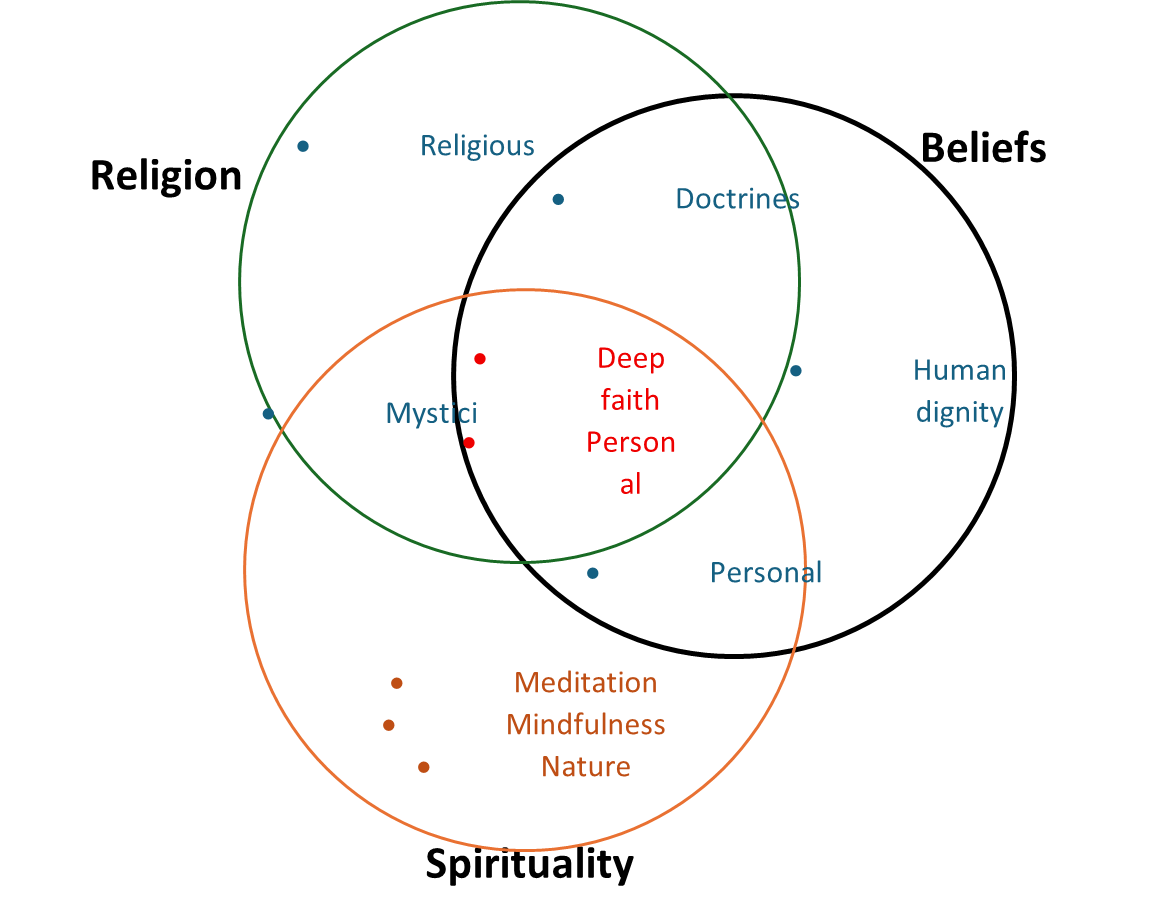
Since this topic was sparked by the intervention of religious beliefs into a cultural wedding ceremony, I will contain my rumblings to this clash or conflict. Culture and marriage, particularly wedding ceremonies, are deeply intertwined across Africa and in Uganda specifically. Marriage is not only a union of two individuals but also of families, clans, and sometimes even communities.
Marriage cements alliances between families and clans, strengthening social cohesion. Traditionally, marriage is seen as a way of ensuring lineage and heritage and marriage ceremonies are viewed as a transition into full adulthood. The ceremonies can be elaborate depending on the culture of the people involved or even complicated where there are cross cultural unions. Generally, they involve elders from both families gathering to agree on the fulfilment of the traditional expectations such as the dowry and other cultural obligations. Whatever nature of the dowry, it symbolizes wealth and respect. The discussions have deep cultural meaning, very often misdescribed as a marketplace for the sale of a daughter. It is far from that. The gifts, beyond the dowry, from the groom’s family are not solicited for. In several cultures during the giveaway ceremony, the bride is handed to the groom’s father as a seal of parental responsibility. There is symbolism in Ugandan weddings with gifts given as a sign of appreciation for the girl’s upbringing and respect. African marriage ceremonies are deeply communal and are anchored in traditions passed down for generations. Since marriage ceremonies are joyous events, they are accompanied by music, dancing and general happiness according to the cultural norms. Music and dance celebrate cultural identity and collective joy. Depending on the laws of the country, religious or civil functions follow the cultural events to issue wedding licences on behalf of the state.
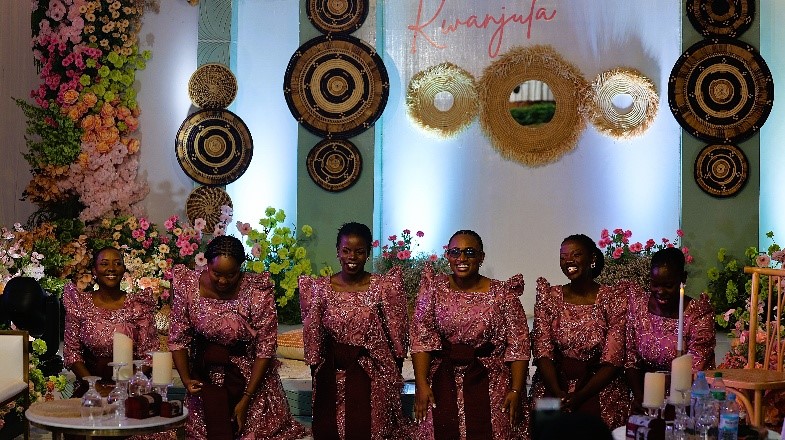
In Uganda (and Africa broadly), marriage is more than a personal union, it is a cultural institution loaded with symbolism, tradition, and social meaning. Even with modernization, traditional ceremonies like the okukyaala, okwanjula, okugamba obugyenyi or kuhingira remain culturally important, reflecting both heritage and evolving identities.
Marriage in the African culture is an institution that embodies the values, beliefs, and structures of society. Wedding ceremonies intertwine the personal journey of two individuals with the collective identity of families, clans, and communities. Biological parents are not actively involved in some wedding cultural functions.
Marriage is one of the clearest reflections of culture. In Africa, it functions as a rite of passage, marking the transition into adulthood and responsibility. Yet, its meaning extends beyond the couple. It is a mechanism for reinforcing kinship networks, ensuring the continuity of lineage, and securing social order.
The emphasis on bridewealth (whether in the form of cattle, goats, or symbolic gifts) reveals the communal value placed on reciprocity and respect. It is less a transaction than a cultural acknowledgment: the groom’s family honours the bride’s upbringing and expresses readiness to support her in the new union. In some cultures, the girl’s family gives even more to the newlywed couple.
While acknowledging that culture is not static but a living process preserving essential values while accepting the encroachment of contemporary realities. The symbolisms on which it is founded must be fully understood before they are swept away for foreign symbols. At its heart, marriage remains a social contract, a cultural performance, and a communal celebration.
Even as couples today choose love as the foundation of marriage, the ceremonies surrounding their unions ensure that culture, ancestry, and community remain integral albeit with modernity trimmings. Weddings continue to serve as moments when society affirms its identity, negotiates its values, and passes them on to the next generation. Letting non-traditional religious beliefs cloud out such a central cultural function of handing one’s daughter to another family in marriage is a sad misunderstanding of one’s roots.
Thank you for being part of the Fork in the Road Blogs: Reflections on Life. Be sure to look out for the next episode when I will be writing about Belief. If you gathered something useful, please feel free to share the blog. My books, Fork in the Road: Creating a future of value starting from where you are and A view round the bend. Setting goals for your life’s journey are available for purchase at Aristoc bookshops in Kampala, Uganda and online at Amazon.
Your comments on my musings are most welcome and let me know whether there is a topic you would like me to muse over.

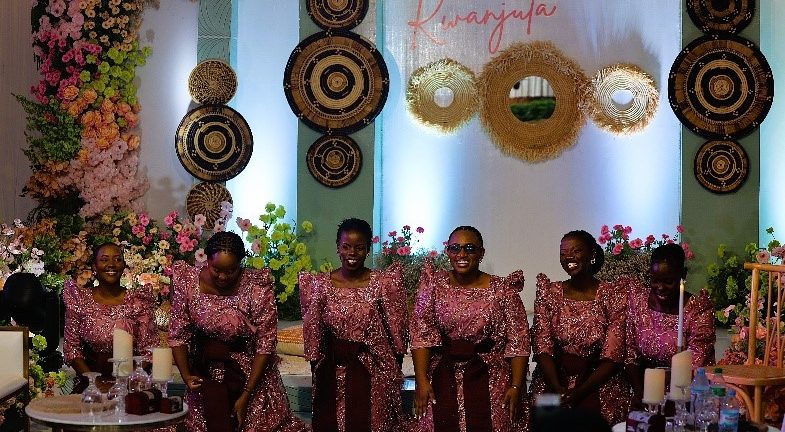
Comments (4)
Annet
“Culture is the shared way of life of a group of people” Indeed!
Rtn Stephen
Indeed, Annet. Let all of us keep that in mind as we “modernize” and globerize our lives.
Robert Yiga
Wow, thanks Rtn Lwanga. Very difficult to separate religion and Culture. I believe Culture shapes our beliefs more than the religion.
Rtn Stephen
Culture shapes my beliefs than religion. I feel shaped more by my culture than the religion I was brought in by my parents and remained in by choice.